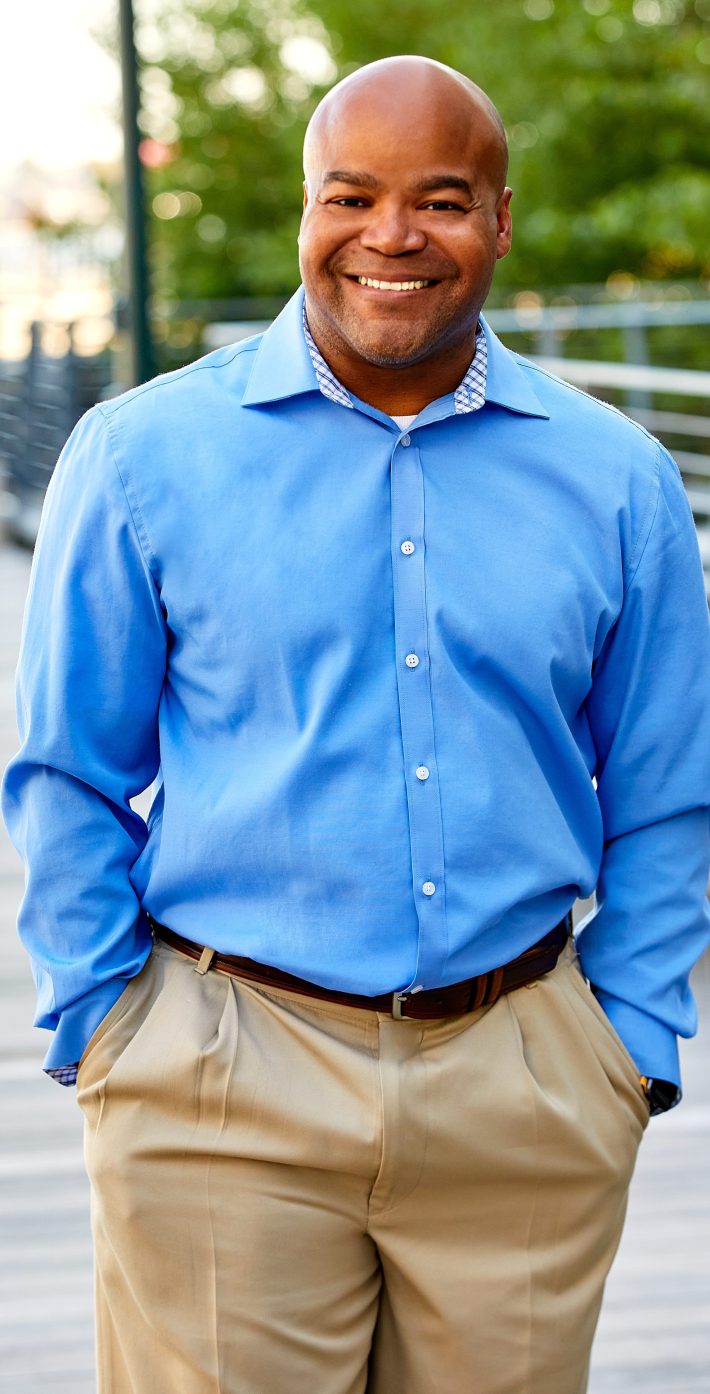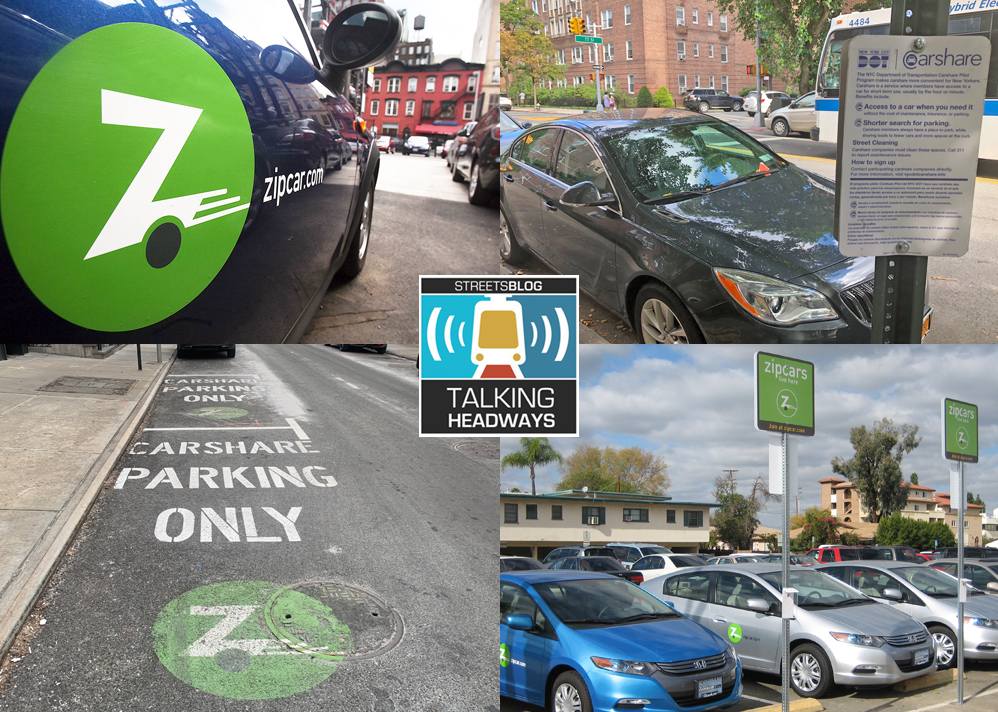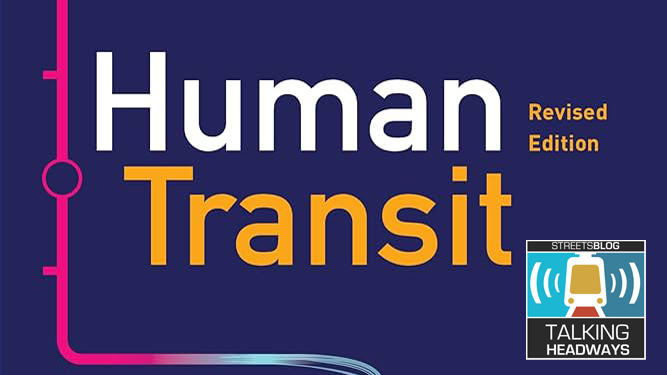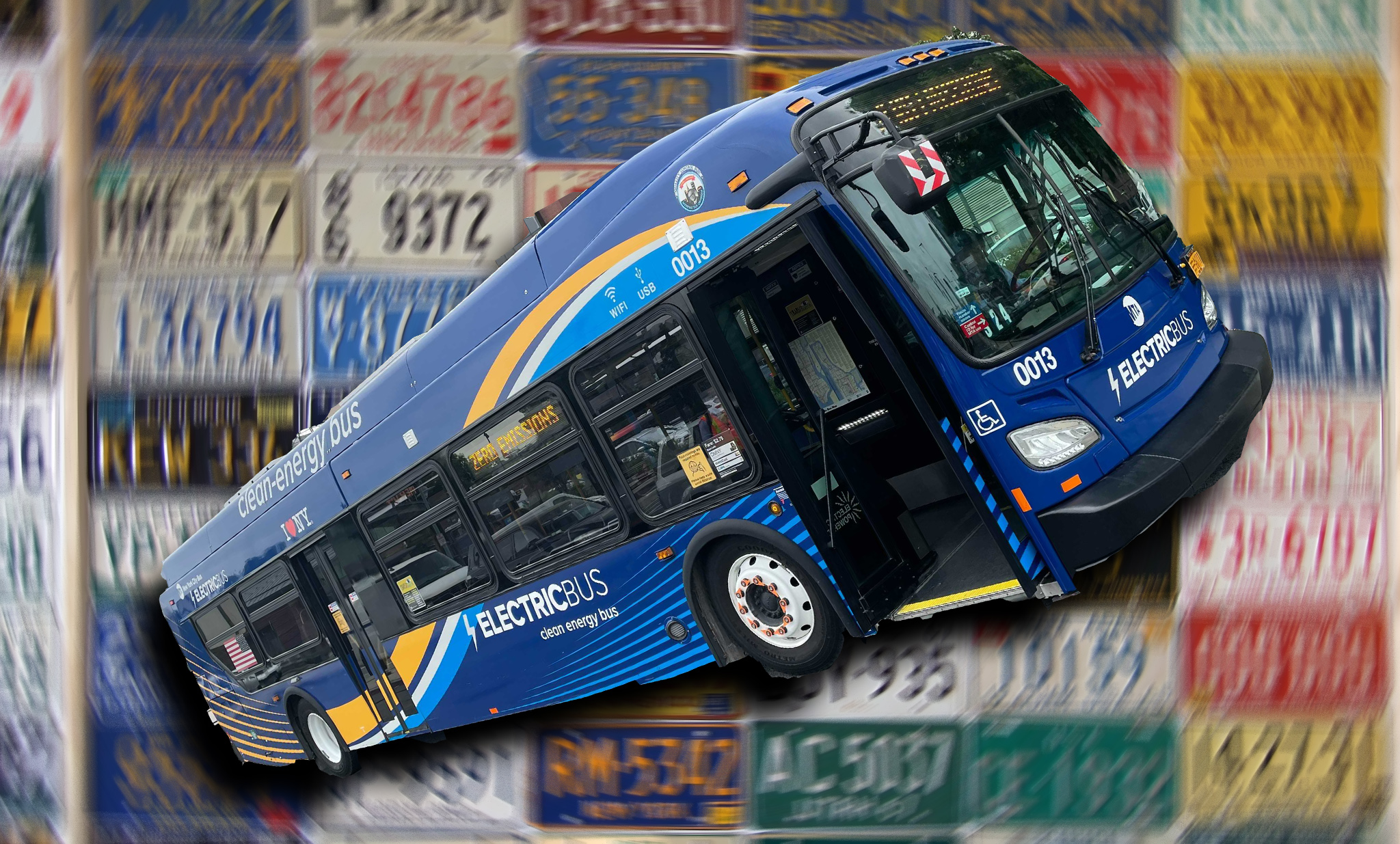This week we’re joined by the head of Zipcar, Angelo Adams! We talk about how Zipcar gets parking spaces, how they find customers, the benefits of car sharing and how the company’s biggest competitor is car ownership.
If you prefer to read all about it, click here for the unedited transcript. An edited transcript is below the player:
Jeff Wood: What geography works best for Zipcar? Does it work best in cities? Does it work best next to multifamily buildings? Can you use it in rural areas? I’m curious what the geography is that works best for a shared car system.

Angelo Adams: Our geography is where we have condensed communities, right? So our prime locations are inner cities. So you think about D.C., Chicago, New York, San Francisco, all of those are some of our, our top cities. And when you think about colleges and universities, we’re on college and university campuses, you know, again, condensed environments. The last area where we target is we’re doing some B2B work. So where you have hubs of a campus, almost like a college campus of a business, we’ve done a ton of work in the B2B space as well.
Jeff Wood: That makes a lot of sense. New York just announced that it will add more car sharing spaces around the city, and many of those are going to Zipcars. How does that process work for like choosing a space where you would allocate a vehicle or working with the city to figure out which spaces are the best ones for putting cars?
Angelo Adams: We have a great public partners team that goes out and talks to towns and communities, getting ideas on where these vehicles should be placed. And then we have a proprietary model where we can look and say, "OK, here’s where we’re seeing demand, right?" Because sometimes we see demand being searched, even though we may not have vehicles in that area. So, we have a model that says, "Based on the demand and based on where the partners would like the vehicles, here’s the optimal, ideal place for us to position that vehicle." And so, we’ve worked with, in a sense of New York, right? We’ve worked with these partners to identify the spaces, the areas, and then also the, the vehicles that we put in those locations.
And it was a back and forth, you know, we’ve asked for a lot more spaces in certain areas, right? And if you look at areas that are underserved, right? We have a higher percentage of our vehicles in underserved areas than the actual city. Like it was the minimum baseline we have to have 25 percent. Well, in areas like New York, we have a much higher percentage of our vehicles in underserved communities.
Jeff Wood: Do you all pay fees for those spaces? For those spots?
Angelo Adams: We do. We pay fees for those spaces as well as any ones obviously that’s parked in the garages. It’s typically at a reduced rate from the garages, which allows us to better serve the underserved communities. Not only that, but we also oftentimes, particularly with the New York City Housing Authority, we actually provide a discounted membership. So, the reduced parking expense allows us to better serve them, also provide reduced pricing to our members.





